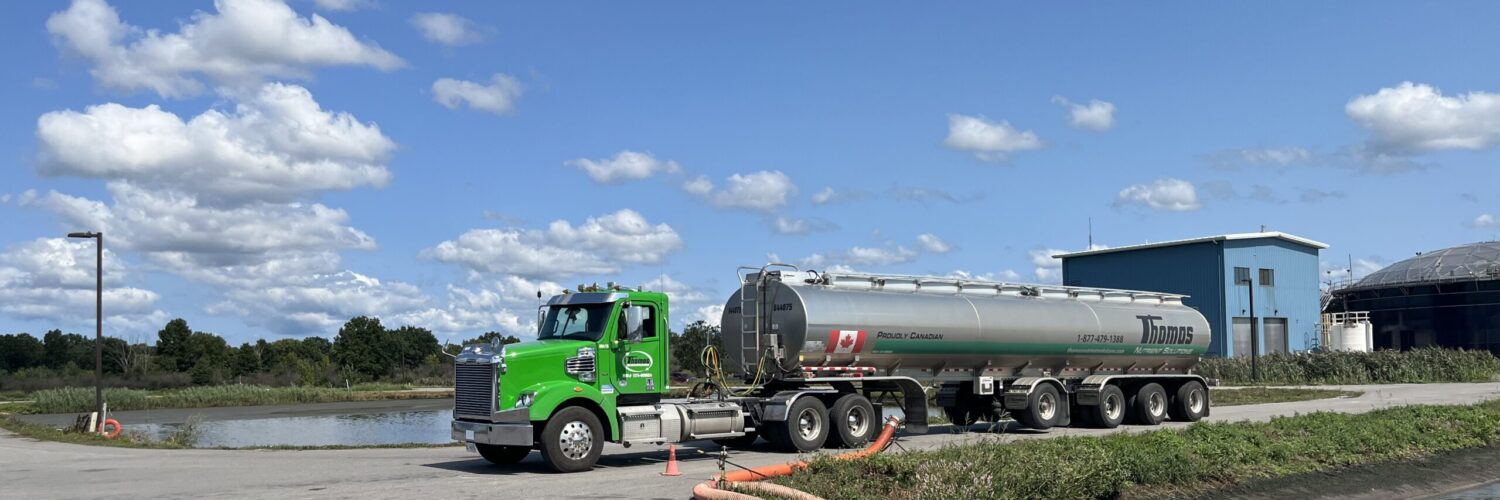Biosolids are the nutrient-rich organic materials that stem from the treatment of sewage sludge. It contains essential plant nutrients and organic matter that when treated and processed, can be recycled as fertilizers. Biosolids are beneficial in improving and maintaining productive soils that stimulate plant growth.
Over the years, advancements in wastewater treatment technology has made treatment safer and more effective. Once the wastewater from households and industrial sources reaches the treatment plant, the sewage goes through physical, chemical and biological processes which decontaminates the wastewater and removes the solids. These processes sanitize the biosolids to control pathogens that can cause diseases.
Farmers and gardeners have been recycling biosolids for decades, reducing the need for chemical fertilizers. When applied to crops, application rates are restricted to the nutrient needs of the plant. The plant nutrients are slowly released throughout the growing season and enables the crop to better absorb these vital compounds.
Compared to synthetic chemical fertilizers, the ability of biosolids to slowly release nutrients prevents the likelihood of too much nitrogen and phosphorous leaching into the groundwater causing algal blooms and water pollution. Biosolids also improves the root’s holding capacity and increases the drought tolerance of the vegetation. It is widely used to stimulate the growth of agricultural crops, gardens and parks as well as reclaim mining sites.
In the United States, the use of biosolids is regulated by the U.S. Environmental Protection Agency (USEPA). It is also one of the most studied materials by USEPA. According to the agency, several studies have shown that biosolids can be safely used for the production of crops. The National Academy of Science also reviews current practices, public health concerns and regulation standards. It has concluded that the use of biosolids as fertilizers do not pose any danger to humans and the environment. When processed in accordance with existing federal guidelines and regulations, the use of biosolids presents negligible risk to the community.
In Canada, the sale and import of biosolids intended for use as fertilizer or supplement is regulated by the Canadian Food Inspection Agency (CFIA) at the federal level. The provinces manage the maintenance and operation of wastewater treatment and composting facilities. It also manages the processing and use of biosolids including land application through provincial/territorial acts and regulations. The quality of biosolids and where they may be used are determined by parameters of federal and provincial regulations. Guidelines include the content and percentages of metals, pathogens and pathogen indicators and organic chemical contaminants and odour.
Canada produces about 660,000 metric tons of dried biosolids a year, about half of which is spread on fields. Regions like Halton, located west of Toronto, has been utilizing these organic fertilizers for almost three decades. Currently, the municipality’s seven wastewater treatment facilities generate about 11,000 metric tonnes of usable biosolids annually.
Biosolids have slowly gained more acceptance in various parts of the country. Many farmers can attest to its advantages in increasing crop yields, ability to improve soil pH levels and cost savings by doing away with less chemical fertilizers.
If you are a farmer in the Niagara Region and are interested in considering biosolids as a potential application to your fields, please call us on 1 (877) 479-1388. There is no cost for us to apply to the MOE or to spread biosolids on your field. These costs are covered by the Region of Niagara.
Sources:
https://www.ccme.ca/
https://www.farmanddairy.com
https://www.michigan.gov

